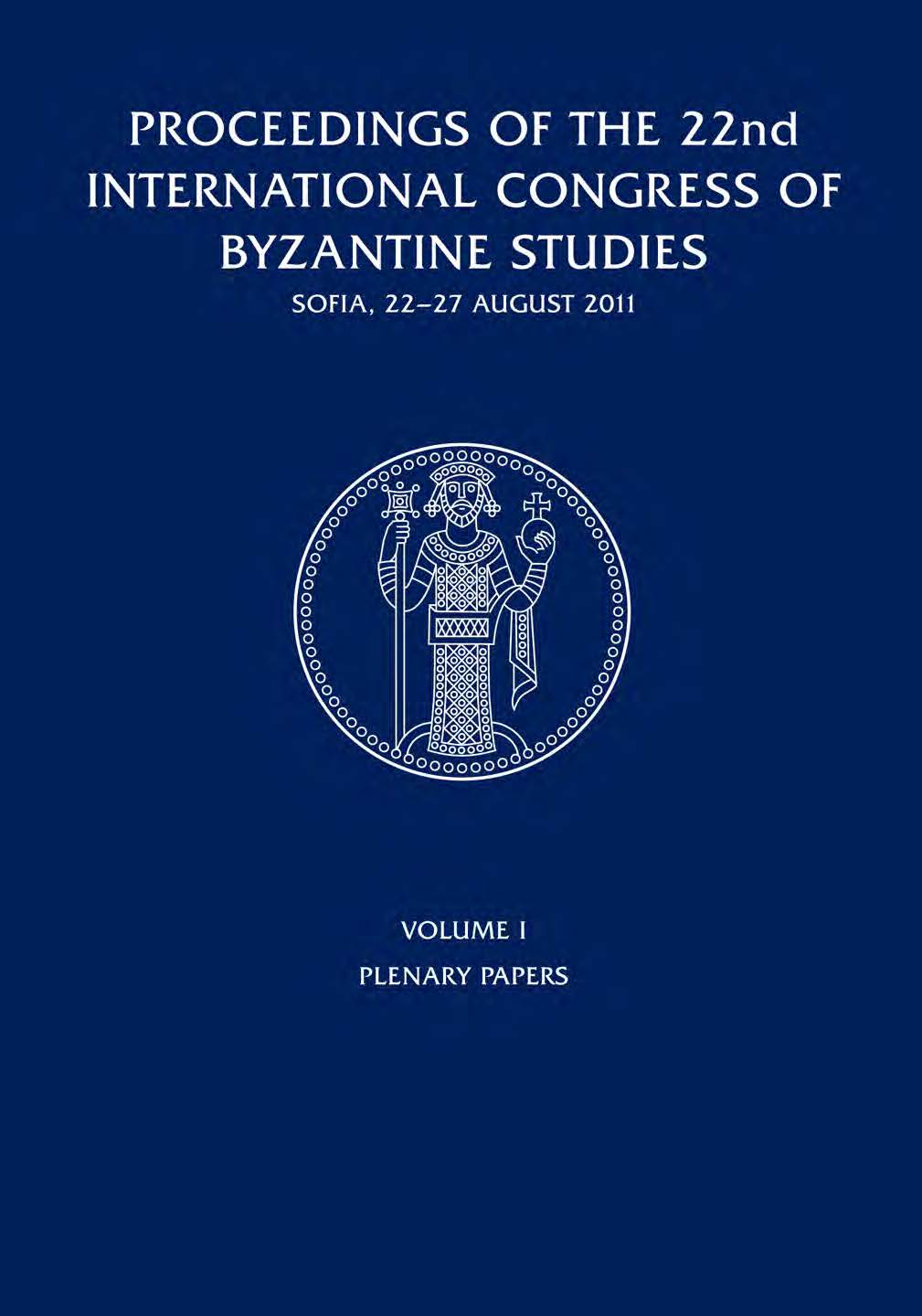
We kindly inform you that, as long as the subject affiliation of our 300.000+ articles is in progress, you might get unsufficient or no results on your third level or second level search. In this case, please broaden your search criteria.

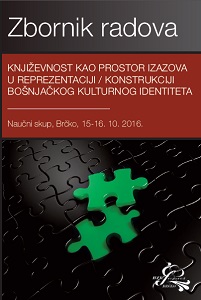
This paper analyzes the unpublished overview of Bosniak literature written by Enver Čolaković. Written during the time of the Independent State of Croatia (NDH) within the project entitled “Croatian Muslim Monographs”, this study, content wise, had to adhere to the rigid national-ideological framework of the cultural policy of that time. However, the author, insisting on his Bogomil roots, Bosnianhood and Bosnian identity of the Bosniak literature managed to achieve, to the extent it was possible, a counterbalance to the nominal Croatianhood and the officially promoted “Croatian-Muslim literary canon”. The quality of his work can be seen in the fact that Čolaković wrote not only literary-historical overview of the Bosniak literature, but also provided its general periodization, and established, according to his personal ideas and literary-esthetic predilection, anthological-chrestomathic order of writers and works of Bosniak literature.
More...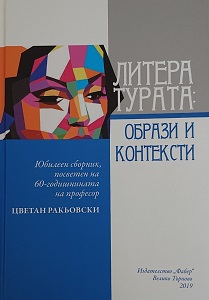
The essay surveys the different types of identity transformations of the protagonists in the literary works of the Polish Romantic poet Adam Mickiewicz in the context of the physical and spiritual transformations of the humankind from Adam and Eve until the 21st century. The supernatural changes the Mickiewicz’s heroes undergo are based on the Romantic postulate that the rational mind cannot always provide an explanation for the things happening in our lives. Through the multiple identity transformations in his works, Mickiewicz underlines the strong connection between the worlds of the living and the dead and instructs his reading audience on how to deal with current social, ethical and nationally significant issues.
More...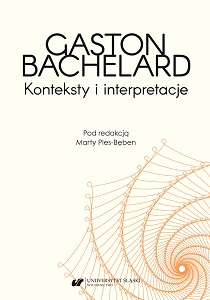
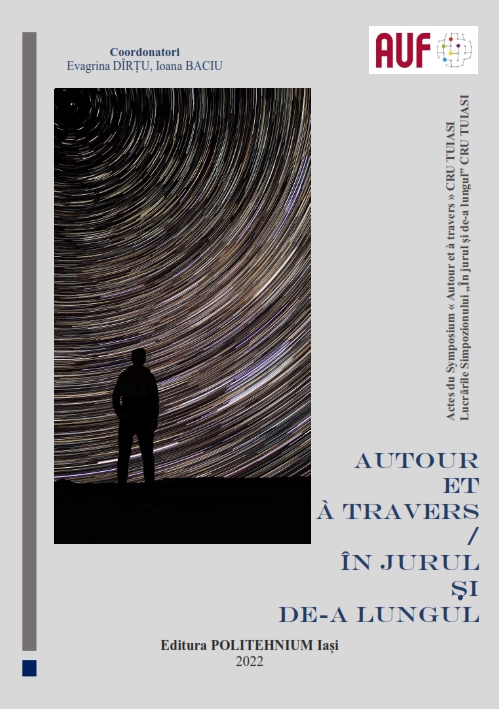
Our main objective in the present paper is to analyse how time is understood and reflected in some theological and some literary examples, while connecting these perspectives with how science, on the other hand, understood and reflected this dimension of our universe, in different historical periods. We use in our analysis three scientific sources in which the transdisciplinary or the vulgarisation approaches prevail, from which we extract the physical explanations and models. Our starting point is that fiction and religion are often annexes to science in the paradigm of knowledge, as they ask questions and propose answers, in accordance with their own rules, distinct from the ones that science puts forward, but which wonderfully converge so often, that the mirroring is worth bringing to light. Our approach focuses on three main topics, i.e. the issue of the beginning/ending of the universe, the past-present relationship, and the existence of the ‘multiverse’ in relation to the existence of the multiple universes as treated by narratology.
More...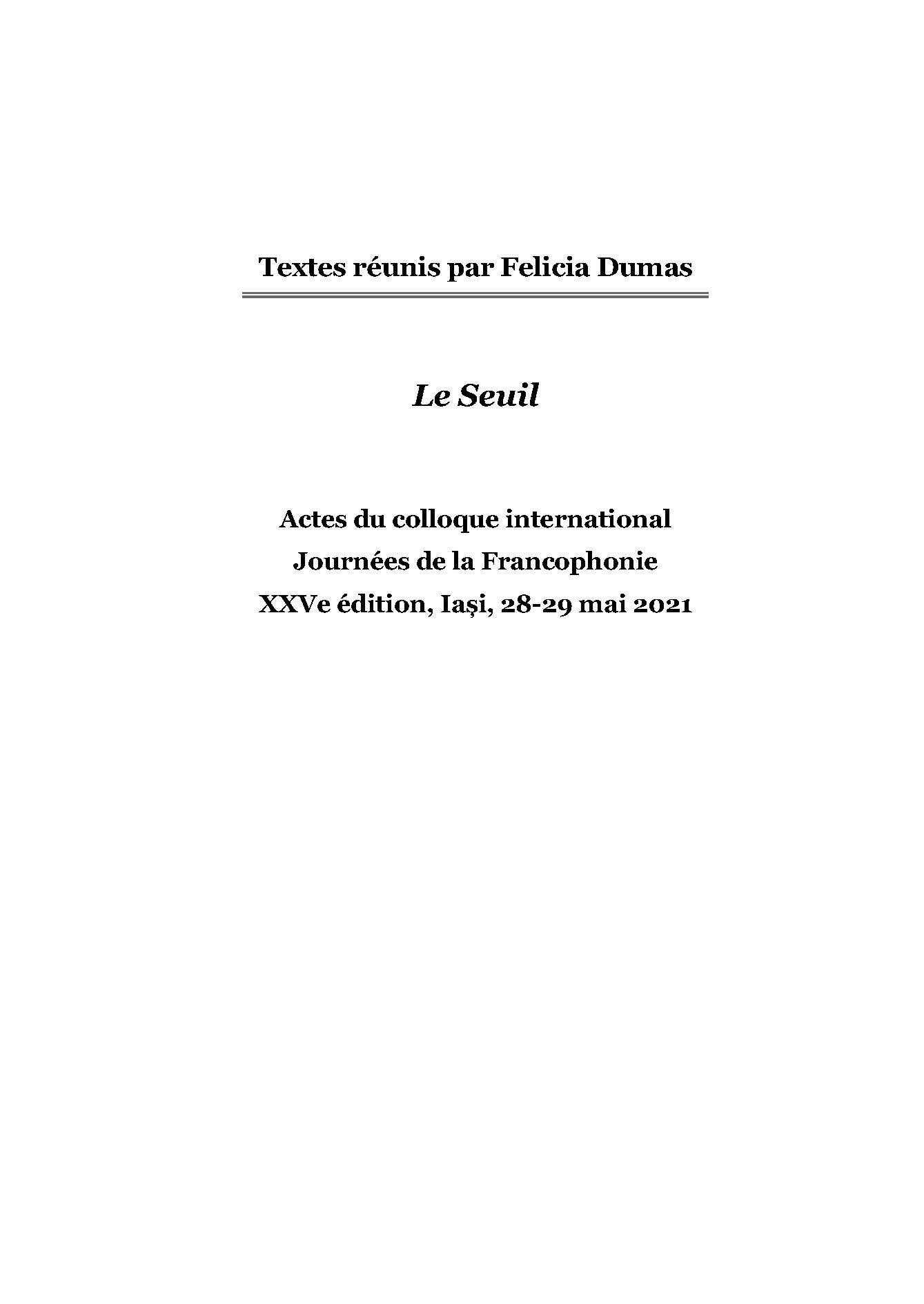
Knowledge in the mystical tradition of Islam progresses from the exoteric to the esoteric. We are referring to a progress that transforms the reality of the sensible world into a way to get access to the secrets that only the devoted sâliq – wayfarer – is able to discover. On the other hand, the way and the thresholds along the way to the esoteric require perseverance, patience and bravery from the Soufi. The reason is the fact that the progress towards the esoteric knowledge is consubstantial with the progress towards the knowledge of God, the knowledge of the Truth. This knowledge is not available to everyone, but it divulges itself in the heart of the wayfarer as being God’s secret word. Le langage des oiseaux by Faridud- Din ‘Attâr, the text we deal with in the present paper, comes in the wake of the Soufi masters’ Thresholds leading to the esoteric knowledge, in many respects. Indeed, the birds crossing the seven valleys (thresholds, stations) in order to find the Simurgh (God) end up discovering themselves as being God. The illumination, God’s light, reigns then and the esoteric knowledge takes shape and makes sense, resulting in the access to the Numinous. Our paper questions the Thresholds of this mystical progress towards the ultimate experience of the Xvarnah, God’s light and glory.
More...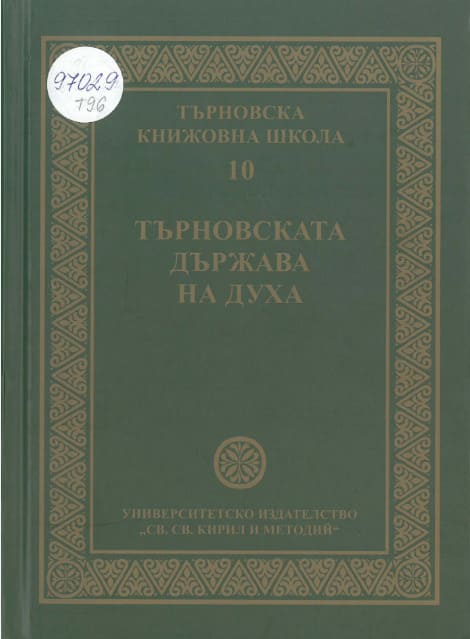
The subject of investigation is the textological relationship between Eythymios’ “The Panegyric for St. Constantine and Helena” and a number of Greek and Slavonic medieval sources: Eusebius of Caesarea’s “Life of Constantine”, Athanasius of Alexandria’s “Orationes contra Arianos”, the Guidi-Vita of Constantine (BHG 364), the Gedeon-Vita of Constantine (BHG 363), “De inventione sanctae crucis” by Alexander the Monk, the Homily of Gregorius Presbyter “Κυριακή τῶν Αγίων πατέρων τῆς Α’ Οἰκουμενικῆς Συνόδου” and the anonymous “De donatione Constantini”. The Greek biographers used the Church chronicles of Eusebius, Sokrates, Rufinus of Aquileia and Theophanes. Тhе Eytimius’ Panegyric indicates the free use of the Greek and Slavonic sources: some events are probably transferred from an earlier Slavonic pro-Vita based on extracts from the Greek Vita BHG 363/364 and “De donatione Constantini” acc. the manuscript 793 in the library of Troice-Sergeevsk Lavra. The description of the miracles of the martyrs Chrisantios and Musonios, the dispute between Alexander of Alexandria and one unnamed philosopher as well as the narrative on Elena in Jerusalem has been found in the Greek Homily of Gregorius Presbyter. The author identifies the philosopher mentioned by Eythymius as Asterius the Sophist acc. to Athanasius’s “Orationes”. Acc. to the linguistic details Eythymius became acquainted with one kompiled pro-Vita of Constantine. The author suggests, that one pro-Vita of Preslav origin was edited at the same time as Konstantin of Preslav’s translation of Athanasius of Alexandria’s “Orationes” before the transfer of “Orationes” to Novgorod.
More...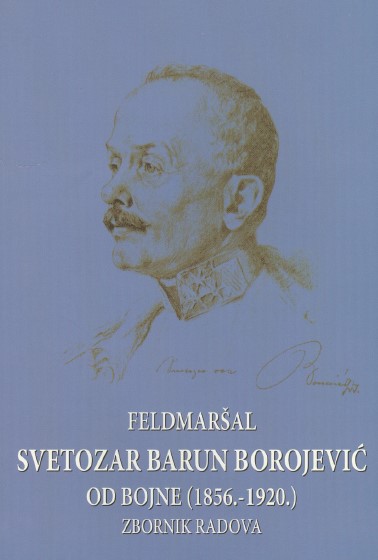
Setting forth from the assumption that encyclopaedia-production in any country reflects the time in which it emerges, the objective of this work is to explore any possible divergences in the treatment of the life and deeds of Borojević among the encyclopaedia entries of various nations. Stated differently, the objective of this research is to ascertain whether there were encyclopaedia entries that were influenced by or were in correlation with the origin of the national encyclopaedic source, with the specific encyclopaedia-production of a given nation. In this context, emphasis will be placed on an inter-lexicographic biographical comparison of national biographical lexicographic entries and an examination of any differences in interpretation in the approach to the material, which may have been caused by the heterogeneity of national lexicographic sources and approaches. The basic hypothesis lies in examining the assumption that the framework of national lexicography focuses on a specific vision, and the objective of this work is to detect these views as encapsulated in biographical lexicographic entries as research units during the period from the 1920s to the present. In methodological terms, the work presents an attempt to ascertain the approach and analysis in articles about Borojević and, in this sense, the focus is on a more factual description of encyclopaedia entries than an analytical and critical approach to their sources, without moving beyond the factual generalizations contained in the encyclopaedic entries. The overview of encyclopaedia entries is based on the assumption that encyclopaedia entries reflect the spirit of the time, and that the idea that lexicographical entries personify the spirit of the time within all limits of national/state or ideological provenance must be either confirmed or refuted.
More...